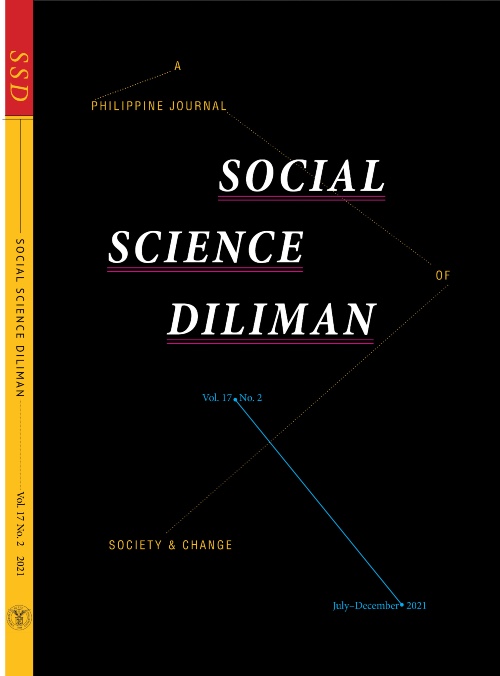Bungkalan as natural praxis: Peasant agroecology in the land struggle in Hacienda Luisita, Tarlac
Abstract
One of the longest-standing forms of resistance in Hacienda Luisita, Tarlac is bungkalan (lit. tillage), the practice of farmworkers of direct farming on unjustly undistributed lands. Spearheaded by peasant sector organizations Alyansa ng mga Manggagawang Bukid sa Asyenda Luisita (Alliance of Farmworkers in Hacienda Luisita [AMBALA]), the United Luisita Workers Union (ULWU), and Unyon ng mga Manggagawa sa Agrikultura (Federation of Agricultural Workers [UMA]), bungkalanat its peak transformed around 2,000 hectares of former sugar lands into thriving organic farms for rice, corn, vegetables, and fruit trees.
This paper historicizes and highlights the role of bungkalan in the struggle for land reform against semi-feudalism, an antiquated mode of production represented by the hacienda system of land ownership. I argue that the farmworkers’ collective and cooperative cultivation of sustainable polycultures through agroecology subverts both the hacienda’s semi-feudal relations and profiteering mechanisms, and the rapacious exhaustion of land and the diminution of on-farm biodiversity. In doing so, bungkalan exemplifies what political ecologists call a “natural praxis,” a militant undertaking that braids environmental concern with human welfare. While the practice precedes the category, interpreting bungkalan as praxis can offer us a blueprint for radical and peasant-led environmentalism.


